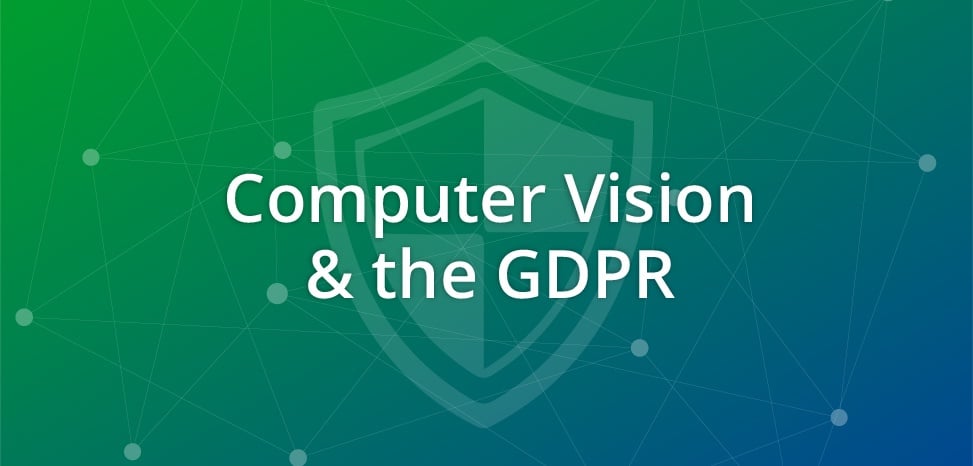By Andreea on 2 May 2018
In 2018, “digital privacy” became a global watchword. In the United States, Facebook became the focal point of government and consumer ire when journalists revealed analysis of the personal information of its users was sold on for commercial and political purposes. Meanwhile, a court in California recently ruled that Facebook must face a class-action suit over the application of its facial recognition software in the United States. The group of consumers that can sue the company includes users "in Illinois for whom Facebook created and stored a face template after 7 June 2011," according to the court order.
Meanwhile, the European Union’s General Digital Privacy Regulation (GDPR) comes into effect in the EU on 25 May 2018. The authors of GDPR intend to give control to consumers over how entities use their personal data. The EU will heavily penalize organizations that do not honor binding privacy agreements with consumers.
Real estate webmasters in the United States and the EU have a monumental task in moderating content that law enforcement could construe as invading privacy. Restb.ai can help prevent unintended violations of the laws that protect privacy. In a matter of seconds, the computer vision technology culls thousands of property photos to identify images that exhibit personal details.
What Is Considered Private?
Consumer protections in both regions highlight the sensitivity of any unauthorized display of private information in digital images. Online real estate property listings, in particular, must be free of any indicators about the privacy of individuals. The injunction not only includes the faces of individuals who have not given their consent to be recorded and published but other details, too.
Article four of GDPR, for example, defines “personal data” as “a name, an identification number, location data, an online identifier or […] one or more factors specific to the physical, physiological, genetic, mental, economic, cultural or social identity of that natural person.” Personal data, then, can be a name, headshot, email address, license plate number, phone number, bank details, posts on social media, medical information, or even a computer’s IP address.
Countless organizations manage personal data: banks, hospitals, transportation entities, and local merchants, to name a few. The GDPR defines these organizations as “data controllers.” Real estate companies qualify as data controllers under GDPR.
With the enforcement of GDPR, data controllers face stiff penalties if personal data is lost or compromised. Organizations can be fined up to four percent of annual global turnover for breaching GDPR, or €20 million.

How to Protect Against Unintended Privacy Violations
Real estate agents and property owners upload millions of photographs of properties onto websites every day. It is physically impossible for administrators to police all the images for violations of privacy. However, Restb.ai’s Artificial Intelligence (A.I.) solution automates content moderation.
Restb.ai’s plug-n-play solution is all about the real estate market. The company specifically designed its computer vision technology to help property websites mitigate risks related to violations of privacy. Restb.ai knows that the faces of individuals in a property image are not appropriate content. Further still, the A.I.’s deep learning has conditioned it to flag license plates, email addresses, and phone numbers in any photos uploaded to real estate websites.
Restb.ai’s content moderation functionality not only provides websites with a competitive edge, but it can help online property listings avoid the legal liabilities that privacy rights in the digital age demand.



comments